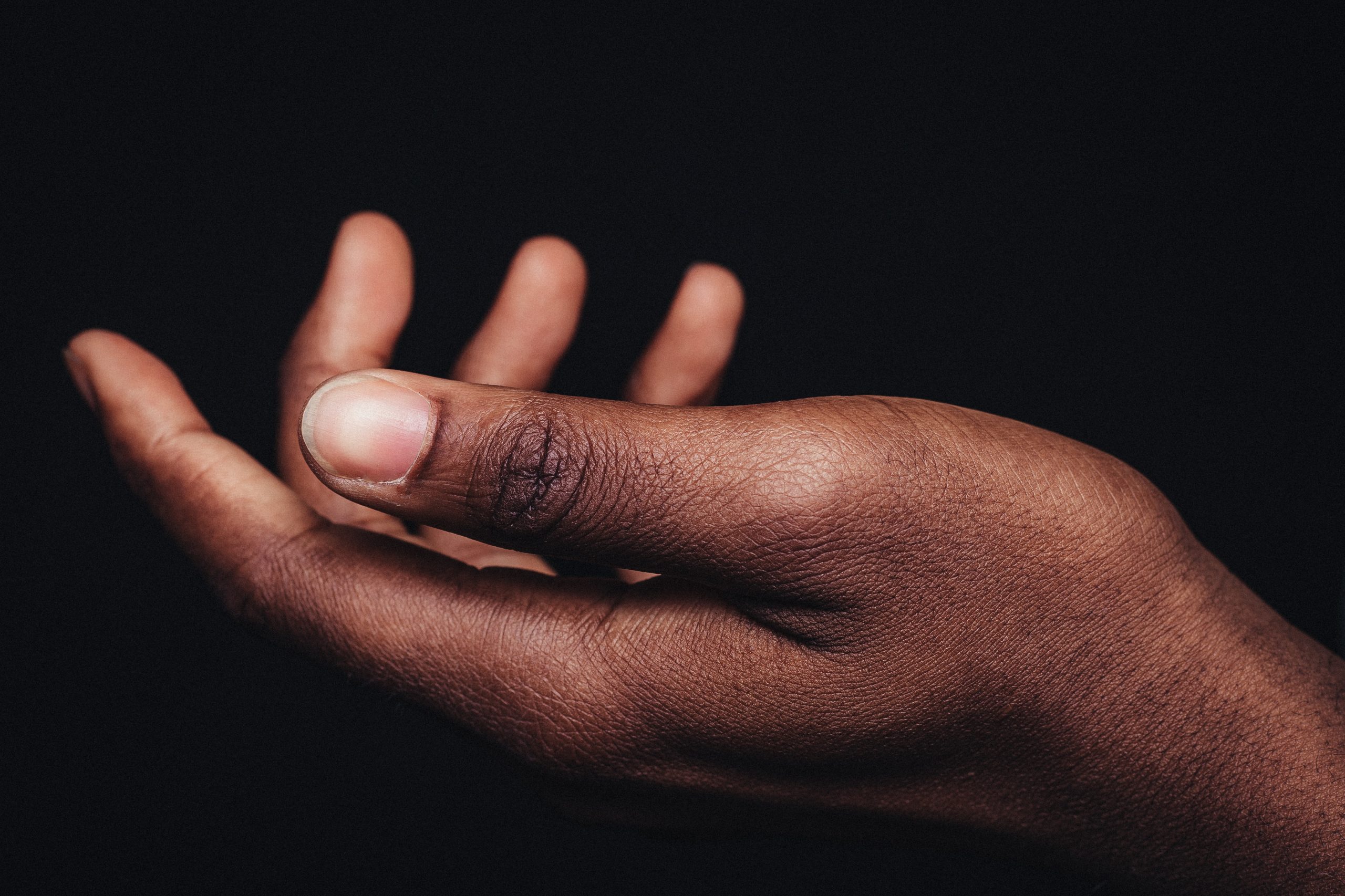You probably think of us as ‘shy’ or even ‘aloof’. We don’t go in much for office gossip, we stand at the back during team huddles and you’ll never find us dominating debate during meetings.
But we are neither shy nor stand-offish: we are simply introverts trying to get by in an office environment that is built for our extrovert colleagues.
In Britain, an estimated one in three people are introverts. While extroverts thrive on the buzz of a busy office, introvert professionals can feel drained by the distractions of workplace chatter and are too often overlooked for promotion in an environment where speaking up means standing out.
For Britain’s black introvert professionals, their personality type can amount to an extra layer of exclusion within an office environment and a deeper sense of being misunderstood.
For years I have run workshops to help Britain’s introvert professionals be seen and heard in the workplace but I don’t believe the onus should be on workers alone to highlight this important issue.
In America the debate around personality diversity is in full flow, in Britain considerations of personality diversity as part of the D&I conversation are limited to pockets of progressive thinking.
However there is a vital debate to be had in the workplace about the intersectionality between race and personality diversity.
That is the driving force behind Black Introvert Week, which launches on October 25 as part of Black History Month. Black History Month is a time to acknowledge the contributions of Black Britons so it seems the right time to shine a spotlight on a segment of the black population that is all too often misunderstood and overlooked.
Research suggests that extroverts achieve a higher earning potential than their introvert colleagues, are more likely to gain promotion and to achieve higher performance evaluations. This has obvious implications in the debate on race disparity, equality of opportunity and how best to tackle the ethnicity pay gap.
Unlocking the talents of all personalities will not only lead to a happier workplace but will improve employee retention, boost the bottom line and create an agenda of inclusivity that is more than skin deep.
As part of BIW, employers will be able to download a toolkit to guide managers and staff through a challenging and honest debate about what it means to be black and introvert in the workplace. I also want to hear from managers and employees about how we can build on BIW for 2022, perhaps through a series of whole team workshops on how to nurture the talents of everyone in the workplace.
Of course being an introvert is no bar to business success, just ask Bill Gates, but for every introvert ‘superstar’ who has risen to the top because of their quiet brilliance and incredible focus on the task at hand, there are many more whose talents are never fully realised.
During the pandemic while many extroverts struggled with the isolation of working from home, introverts flourished away from the chaotic rhythms of the workplace and are loathe to return to a ‘business as usual’ office environment.
Extroverts need a stage to shine, introverts need a quiet corner but that does not mean we want to hide. We want to be seen, heard and valued but most of all we want to be understood.
Hopefully Black Introvert Week will be the start of more complex D&I conversations as well as giving us ‘shy’ types a chance to shine. However, in keeping with our introversion, expect this to be a rather quiet workplace revolution.
Richard Etienne is the author of: In:visible: Unleashing the power of introverts







